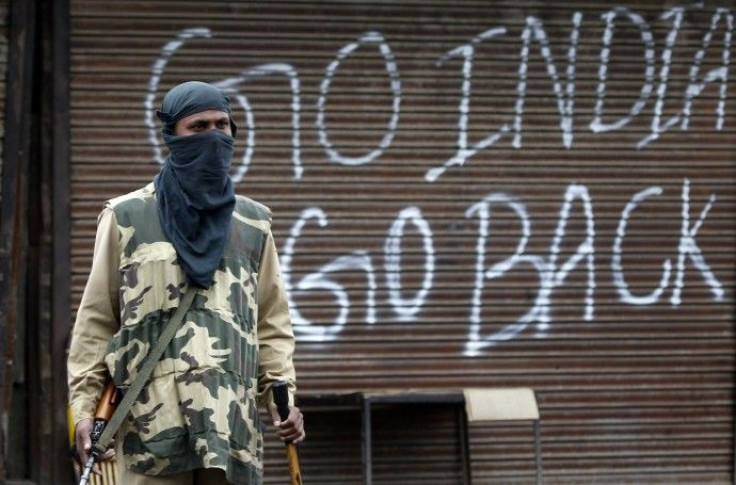Will India respond to allegations of human rights abuses in Kashmir?

For now, exercising the 'right to remain silent' does not seem to be warranted. Indian politicians, by far, enjoyed a rather soft approach by the international community over accusations of human rights violations in the northern state of Jammu & Kashmir. But the latest Wikileaks expose could perhaps put pressure on New Delhi to issue an appropriate substantiation over the use of 'widespread' torture by India security forces in the Valley.
Estimates suggest that several thousands of people suffered custodial deaths while women were victims of molestation and rape. But, abuse of prisoners and innocent civilians in the conflict zone were till date dismissed as rumors. Analysts feel that the country's media has been ineffective in pressing the government for a response, paying little attention to the rights issue.
Classified US diplomatic cables leaked by whistle-blower site Wikileaks revealed that the International Committee for Red Cross (ICRC) briefed US officials over the continued ill-treatment of detainees in Kashmir by the armed forces and the police. Some cables stated that the government-nurtured militia committed brutal human rights abuses including extra-judicial killings, rapes and extortions of Kashmiri civilians suspected of harboring extremists in the Valley.
At a confidential meeting in April 2005, representatives of the ICRC told US officials that detainees in detention centers across Jammu & Kashmir and North-Eastern states of India were subjected to harsh torture methods like electricity, waterboarding, suspension from the ceiling and even sexual abuse.
The ICRC stated that between 2002-2004, the group met with 1491 detainees conducting 1296 private interviews. In 852 cases detainees reported what ICRC refers to as ill-treatment, the cable said.
171 persons were beaten, the remaining 681 subjected to one or more of six forms of torture: electricity (498 cases), suspension from ceiling (381), roller (181), water (234) or sexual (302), it added.
The agency maintained that all branches of the security forces used these methods to torture the accused.
Another cable in April 2006 maintained that forensics is weak in India with few police officers trained in safeguarding and exploiting electronic data.
As a consequence, terrorism investigations and court cases tend to rely upon confessions, many of which are obtained under duress if not beatings, threats, or, in some cases, torture, US diplomats reported back to Washington.
Meanwhile, unofficial reports also suggest several thousands of custodial deaths which could have been as a result of torture in the detention centers. The Kashmir Media Service puts the figure at 6,981 since January 1989. The statistics updates by the organization till November 30 this year allege that close to 10,000 women in the Valley suffered molestation in the two-decade-long conflict.
US officials blamed India-sponsored militia to be behind the atrocities against civilians. One diplomatic cable maintained that Indian security forces have formed a pro-government Ikhawan-ul-Musilmeen paramilitary group, which comprises terrorists who have surrendered in the past.
Ikhawan has a reputation in the valley for committing brutal human rights abuses, including extra-judicial killings of suspected terrorists and their family members, as well as torturing, killing raping and extorting Kashmiri civilians suspected of harboring or facilitating terrorists, it read.
Kashmir in the recent weeks has been simmering as calls for a right to self-determination of the region intensified. Senior lawmakers also joined separatist leaders in the demand for secession. Indian security forces, however, have led a violent crackdown on the protestors.
On Friday, three interlocutors appointed by New Delhi began their third visit to the region in order to gather views of the public and local politicians and derive a permanent political settlement. There are concerns that the latest revelations however stand likely to shift the balance in favor of the separatists demanding an independent state of Kashmir. But the question which remains unanswered for decades is if India will ever respond to reports of rights abuse in Kashmir.
© Copyright IBTimes 2024. All rights reserved.











